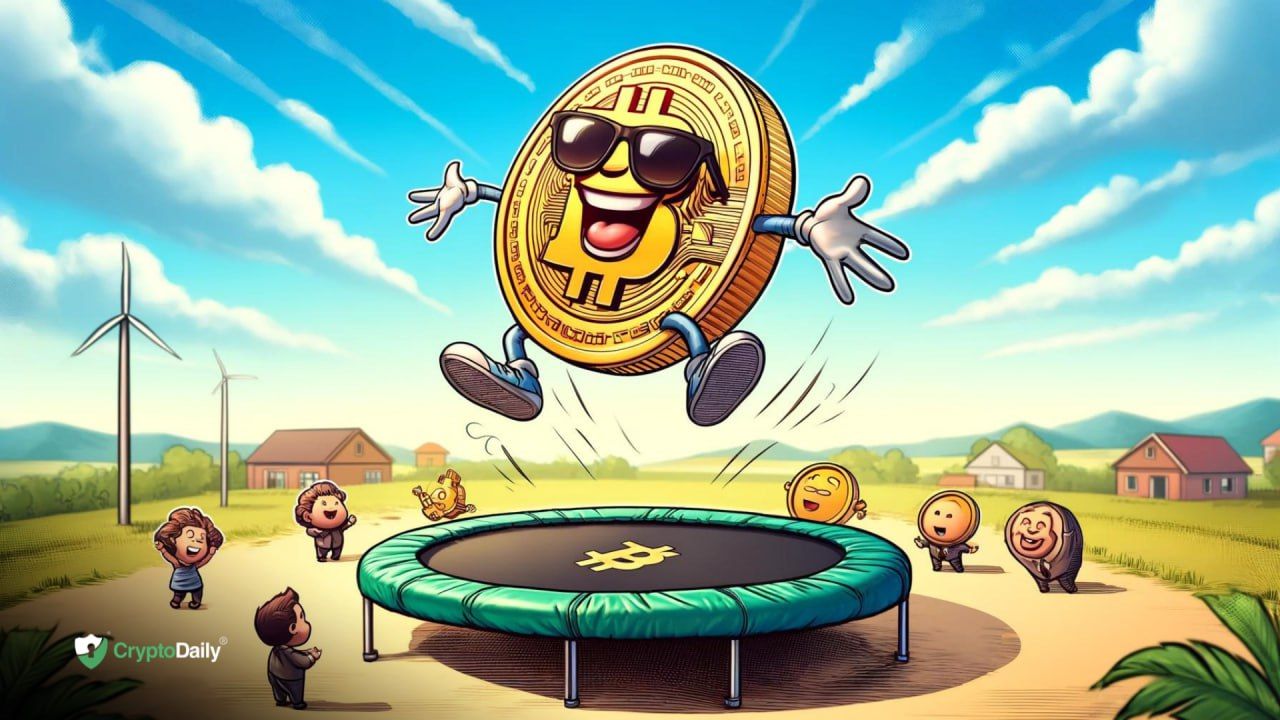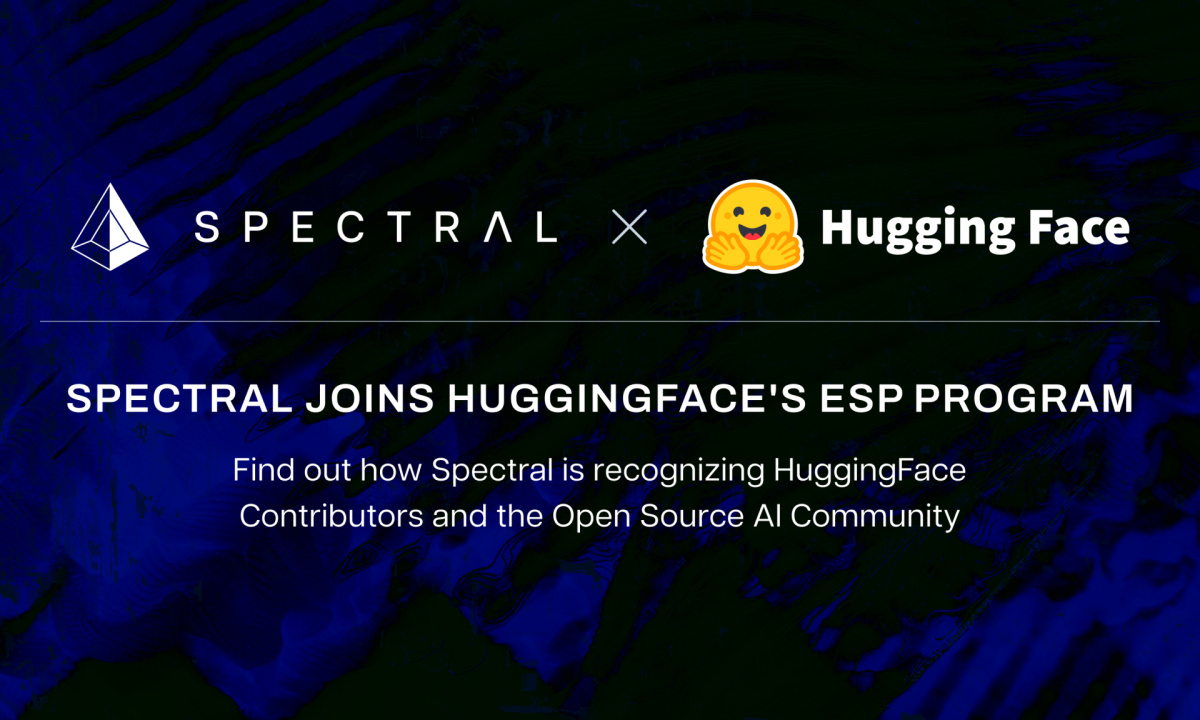Table of Contents
- Over 75,000 USDC Worth Of Funds Frozen
- Interactions With Sanctioned Addresses Prohibited
- Circle’s Blacklist Policy
- Potential Impact
The USD coin (USDC) issuer, Circle, has frozen around 75,000 USDC worth of funds linked to 44 Tornado Cash addresses listed in the US Treasury Department’s sanctions against the protocol. The issue was highlighted by a Twitter bot, USDC blacklist, which scrapes the blockchain for USDC blocklists.
Over 75,000 USDC Worth Of Funds Frozen
Crypto data aggregator Dune Analytics announced the news of the freezing, which stated that the issuer of the USDC stablecoin had frozen over 75,000 USDC worth of funds that were linked to 44 Tornado Cash addresses that were sanctioned by the US Office of Foreign Asset Control’s Specially Designated Nationals and Blocked Persons (SDN) list. Tornado Cash is a decentralized application that individuals use to obfuscate any trail of crypto transactions on the Ethereum blockchain.
Interactions With Sanctioned Addresses Prohibited
US entities and individuals are prohibited from interacting with the virtual currency mixer’s USDC and Ethereum smart contract addresses on the SDN list. Any entity or individual that interacts with Tornado Cash’s Ethereum smart contract addresses and USDC could potentially attract a fine ranging from $50,000 to $10,000,000 and imprisonment ranging from 10-30 years.
It is estimated that Tornado Cash’s smart contract addresses hold around $437 million worth of assets. These assets consist of Ethereum, Wrapped BTC, and a host of stablecoins. With the blacklist in place, issuers will now have to take steps to prevent transactions or redemptions of the assets in question.
Circle’s Blacklist Policy
Jeremy Allaire, Circle CEO, confirmed in June that USDC does feature a blacklist function to block addresses as and when legally required. USDC’s blacklist policy states that once an address is blacklisted, it can no longer receive any USDC into the address, and any funds held in that address cannot be transferred to any on-chain address. This means any funds held at the blacklisted address are effectively frozen indefinitely.
Tornado Cash co-founder Roman Semenov revealed that his Github account was also suspended following the announcements of the sanctions.
Potential Impact
At present, the impact of Tornado Cash and its inability to operate is not known. However, California-based BitGo would have to make some adjustments to restrict access to Tornado Cash to comply with the sanctions. BitGo could suspend the redeeming of Tornado Cash-linked WBTC to abide by the sanctions. Pseudo Anonymous DeFi educator BowTiedIguan stated that the sanctions on Tornado Cash apply across the board. Even interactions such as Gitcoin donations, working for the project, visiting its website, downloading and running its client, and depositing/withdrawing from associated smart contracts could be deemed a violation.
Disclaimer: This article is provided for informational purposes only. It is not offered or intended to be used as legal, tax, investment, financial, or other advice.
Investment Disclaimer










